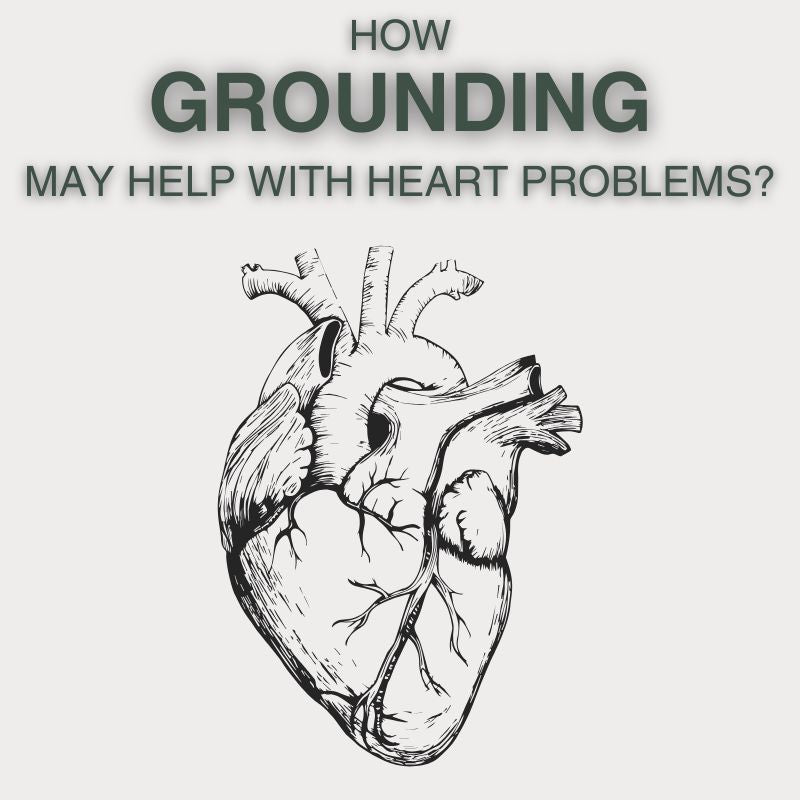
Can Grounding Help with Heart Problems?
In recent years, more people have started exploring natural ways to support their health, and one method that’s gaining increasing attention is grounding, also known as earthing. This simple practice involves direct physical contact with the Earth’s surface—like walking barefoot on grass or using grounding mats or sheets indoors. While it may sound too easy to be effective, growing evidence suggests that grounding can have a surprisingly positive impact on the cardiovascular system.
The heart is deeply influenced by the balance of our nervous system, inflammation levels, and blood flow. Grounding appears to affect all three. Studies show that connecting with the Earth can help regulate the autonomic nervous system, which plays a major role in managing heart rate, blood pressure, and stress responses. People who ground themselves regularly often report feeling calmer, more centered, and more in tune with their body—feelings that are also associated with a healthier cardiovascular state.
One of the most fascinating effects of grounding is its ability to reduce inflammation, a key contributor to many heart problems including hypertension, atherosclerosis, and stroke. The Earth’s surface holds a supply of free electrons, and when we come into contact with it, these electrons may help neutralize free radicals in our body. This process is thought to reduce chronic inflammation, support the immune system, and relieve oxidative stress—all of which are good news for the heart.
Grounding may also influence the thickness of our blood. Research has shown that spending time grounded can improve blood viscosity, making it easier for the heart to pump blood throughout the body. Thinner, better-flowing blood reduces the risk of clotting and lowers blood pressure, giving the heart a break from overwork.
Many people who practice grounding daily report lower stress levels, better sleep, and improved emotional balance. These effects are likely linked to cortisol regulation, as grounding has been shown to help normalize this stress hormone. Since chronic stress is a major risk factor for heart disease, reducing cortisol naturally can have protective effects on the heart over time.
While grounding should never replace medical treatment or medications prescribed by your doctor, it can be a simple and powerful addition to a heart-healthy lifestyle. Walking barefoot for 30 minutes a day or sleeping with a grounding sheet may seem small, but over time, these practices can offer real support to your cardiovascular health. With no cost and no side effects, grounding invites us to reconnect with the Earth—and perhaps find a more balanced rhythm for our heart in the process.
